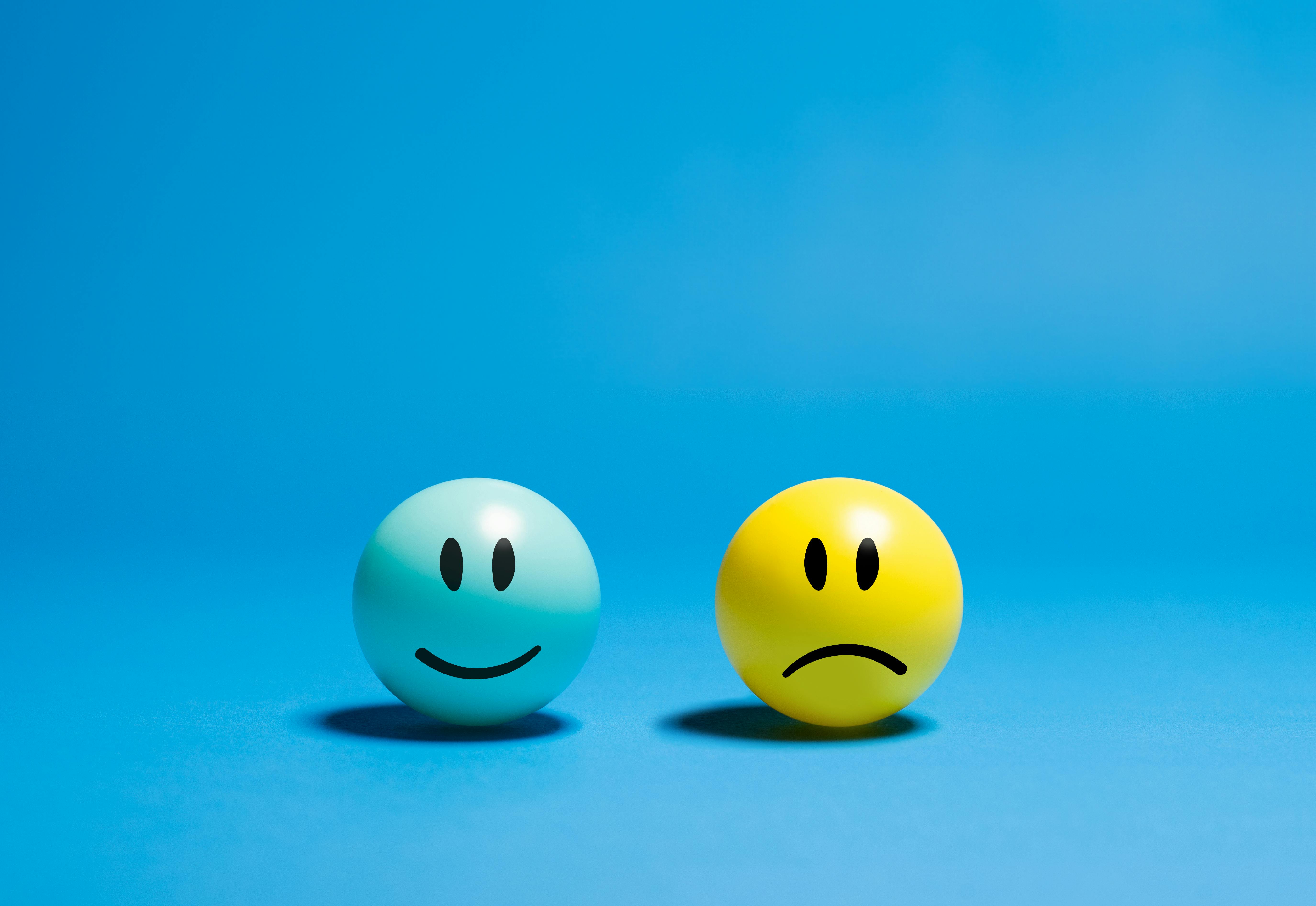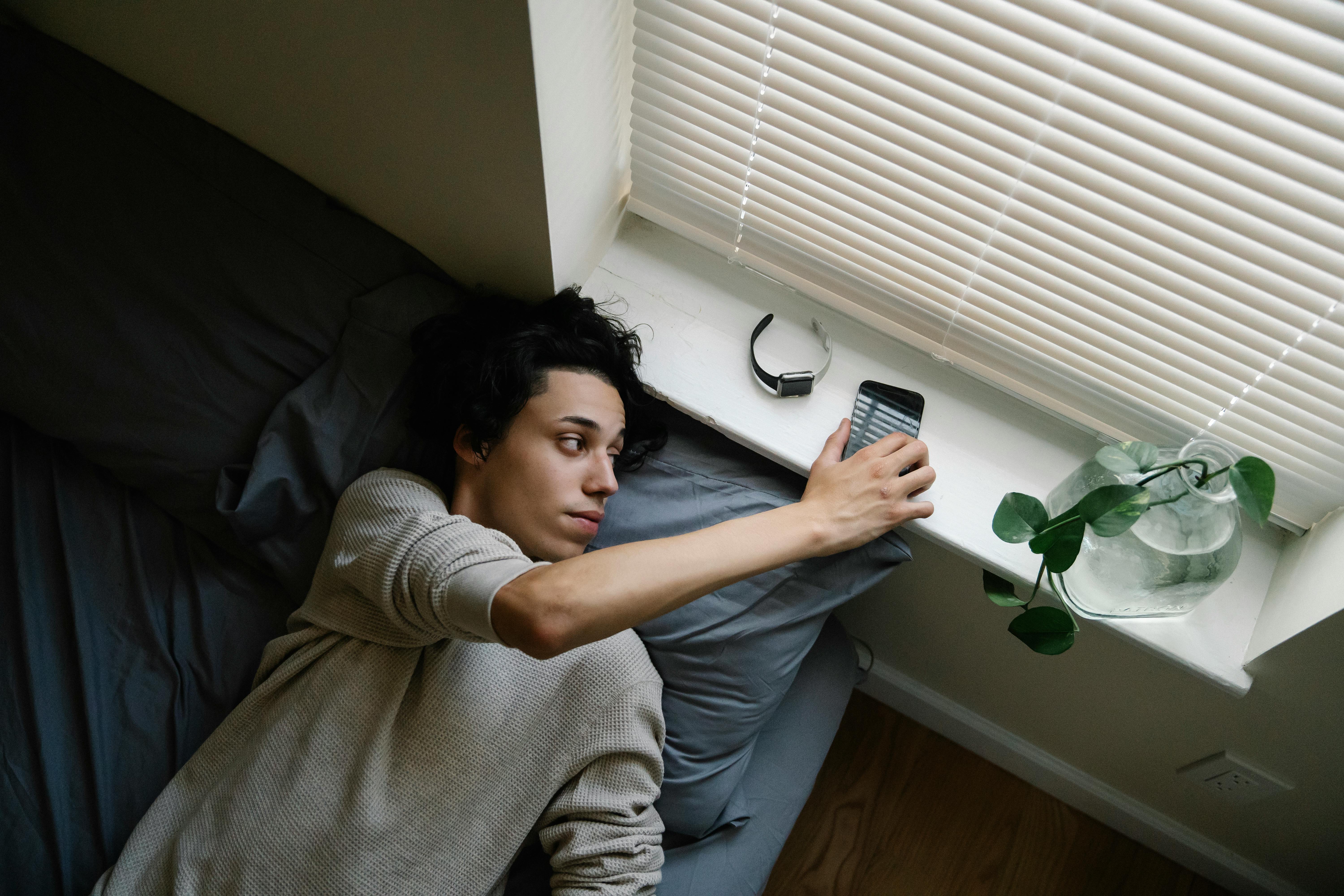Beyond the Buzz: 11 Hidden Ways Social Media and Gaming Addiction Affect Your Well-being
Most of us barely notice when a few minutes of scrolling turn into hours, or when a short gaming session stretches far into the night. The endless buzz of notifications, likes, and new levels can convince us we're simply staying connected or unwinding. But when digital habits become second nature, their subtler impacts often go undetected—shaping how we feel, move, and connect long after we've put the phone down or powered off the console. The conversation about social media and gaming addiction usually focuses on dramatic stories and cautionary headlines. Yet the real effects quietly thread through our everyday routines—interrupting our sleep, changing relationships in small but meaningful ways, fueling restlessness or an ache we can't quite name. None of this is about blame; our digital world is designed to be captivating and convenient. Recognizing the hidden toll is an act of self-care, not an admission of defeat. Many of us are navigating the same maze, learning how screens can both help and hinder our well-being. Here, we'll gently explore 11 often-overlooked ways social media and gaming addiction can shape your physical, emotional, and mental health. If any ring true, take heart: small, steady changes—and a little self-compassion—can make all the difference.
1. Disrupted Sleep Patterns
It's easy to lose track of time as one more video plays or a game level beckons well past bedtime. But behind those glowing screens, blue light quietly signals your brain to stay alert, making it harder to fall—or stay—asleep. The effect isn't always obvious at first. Over days and weeks, though, you might notice you're waking up groggy or struggling to focus during the day, even if you think you've had enough hours in bed. Sleep disruption from late-night scrolling or gaming doesn't just steal energy; it can influence mood stability, memory, and your body's ability to repair itself. If you've caught yourself scrolling through social feeds in bed, you're in good company—many people do. Setting a gentle boundary, like a screen-free half hour before sleep, can ease the transition to restfulness. If sleep still feels elusive, consider shifting your nightly routine: low lights, gentle stretches, or reading a physical book can signal it's time to unwind, helping restore a feeling of calm at the end of the day.
2. Mood Swings and Irritability

Ever felt a wave of frustration when Wi-Fi lags or your favorite game doesn't deliver the hit of excitement you expected? These experiences aren't just passing annoyances—they're part of how our brains respond to digital dopamine “rewards.” Social media likes and gaming wins can create a pleasure loop, training us to expect quick boosts in mood. When those rewards disappear or aren't as satisfying, irritability and mood dips can follow. It's common to ride this rollercoaster of emotional highs and lows, especially if you've come to rely on digital escapes for stress relief. Beginning to notice these patterns, without judgment, is a powerful first step. If you find yourself snapping at loved ones or feeling inexplicably sluggish, try substituting a five-minute walk or stretching break the next time frustration hits. Small acts of self-kindness can smooth the ride, offering more even energy and steadiness throughout the day.
